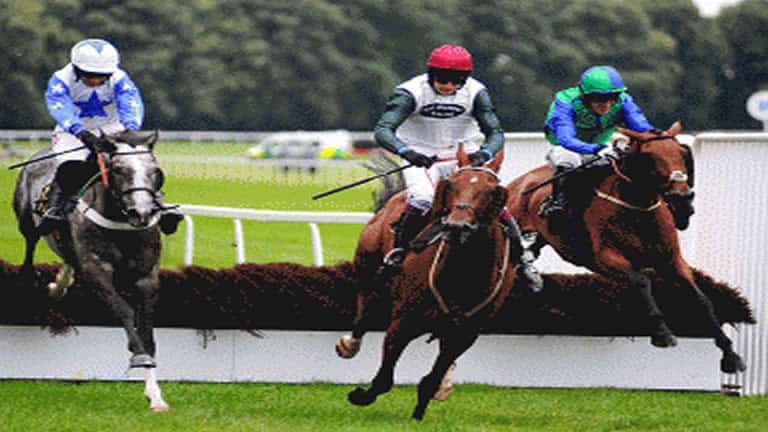Ireland’s Horse Racing Market Facing Tax Hike

Irish punters interested in horse racing are expecting to see a betting tax increase with a petition submitted to the Irish Department of Finance Tax Strategy Group. The petition was introduced by Ireland’s horse racing governing body and aims to increase both betting duty and exchange commissions. The proposed changes from Horse Racing Ireland include raising the betting tax from 1% to 2.5%, and exchange commissions from 15% to 37.5%. The hike is not expected to impact gambling sites that accept bets through legal online gambling in Ireland provided by licensed offshore sportsbooks.
The Irish Department of Finance’s Tax Strategy Group emerged out of the 2016 Finance Bill Committee Stage Debates. After examination and deliberation surrounding the Irish betting tax structure, the group determined it was time for a change. Brian Kavanagh, President of HRI, stated in the report that the Irish betting industry took a dive regarding standards when the levy was cut in 2016. He also cited the year 2001, when €68 million was gained in tax revenue from a €1.1 billion turnover. Kavanagh’s reason for citing this is to note the stark contrast between 2016, when €51 million was gained from a €5 billion turnover, despite the overall growth of the Irish betting industry.
All additional costs proposed in the bill should be taken on by the punter, not the operators, according to the HRI. In fact, the HRI sees the increases as beneficial to the general public and maintains that the betting tax level will still be quite low compared to other countries. The tax increases appear to serve the HRI more, however, as the accrued tax revenue will go to the Irish Horse and Greyhound Fund, a fund used to develop local horse racing and breeding. While the fund has worked in previous years, an increase in capital would certainly aid the HRI in bolstering their industry. Punters can altogether avoid facing the increased taxes by betting on horse races through licensed offshore sportsbooks that accept Irish punters.
These recommended changes to gambling law come not too far after the last batch of amendments in 2015, when the Betting (Amendment) Bill passed. This amendment forced all online betting operators servicing Irish punters to obtain a license from the local commission. Operators also had to pay a 1% tax on turnover from punters and betting exchanges had to pay 15% on their Irish commissions. Ireland’s Department of Finance tasked a group of stakeholders (which formed the Tax Strategy Group) to weigh out the possibility of shifting the tax burden from operators to punters.
This is not the first instance of such a process occurring. Both Poland and Portugal implemented a similar model, though their turnover tax rates were much higher. As a result, both countries have struggled to attract outside betting vendors. Meanwhile, Ireland’s lower tax turnover rates have led to nearly 70 different operators to apply for licenses.
Paschal Donohoe, Ireland’s Minister of Finance, still must make an input on the matter. You can see where the HRI is coming from, but local punters may not be too keen on paying more fees. If the government can negotiate favorable terms for punters, the HRI may be successful in spiking their Irish Horse and Greyhound Fund. An increased fund will ultimately lead to a better developed horse racing market, so Irish punters may have to bite the bullet if they want to see improvements.
